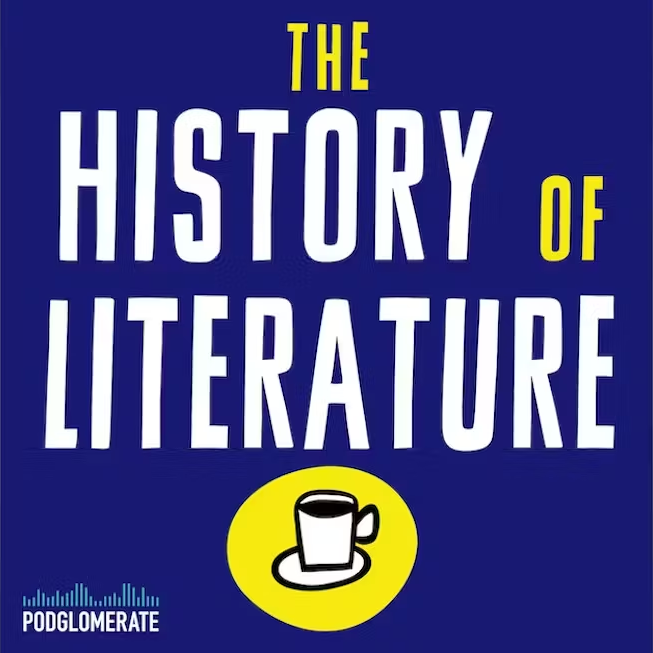high school
-
History of Literature Episode #136 – The Kids Are All Right (Aren’t They?) Making the Case for Literature
http://traffic.megaphone.fm/ADL7957805150.mp3 Does literature matter? Why read at all? Jacke Wilson takes questions from high school students and attempts to make the case for literature. Works and authors discussed include Beloved, The Great Gatsby, Shakespeare, The Catcher in the Rye, To Kill a Mockingbird, Animal Farm, Scarlet Letter, Of Mice and Men, the Odyssey, The Inferno,… Continue reading
-
Winner! Top Post of the Year #4!
We’re counting down the top posts of the year here at the Jacke Blog. (As well as the worst.) It’s probably not a surprise for those of you following the Jacke Blog that so far the Objects are taking home the prizes. I’ve been very grateful at the response to these – the Blog really… Continue reading
-
Back to School! Causing a Metaphysical Riot Somewhere Between Michael Jackson’s Thriller and Nirvana’s Nevermind
We start with a quote: I was starting to believe in the power of this thing, not as a talisman but as a phenomenon. It had to mean something that it – and I – had generated so much consternation. I represented something. To some I was a testament to discipline, to conviction, to inner… Continue reading
-
A History of Jacke in 100 Objects #24 – The Rope
I didn’t like my new boss much. On my first day he had me scraping tar off the inside walls of his truck, ten hours in a hot, enclosed space breathing in noxious odors. The second day he blasted “beer farts” all the way to Skokie and back, and I had to sit next to… Continue reading
-
A History of Jacke in 100 Objects #18 – The Monopoly Game Piece
When I was young, my class took a field trip to the Museum of Science and Industry. On the way back from Chicago we stopped at a McDonald’s, and along with the meal everyone received a Monopoly game piece. It was a small square piece of cardboard with the monocle man – Uncle Pennybags –… Continue reading
-
A History of Jacke in 100 Objects #10 – The Spitwad
Here’s something I’ve learned: teachers are human. They’re not superheroes or gods. Not saints or demons. They’re human beings, with flaws and weaknesses like all the rest of us. Don Ward was a fine man who taught high school biology to undeserving students in the same crumbling, run-down building for forty-three years. How bad was… Continue reading
